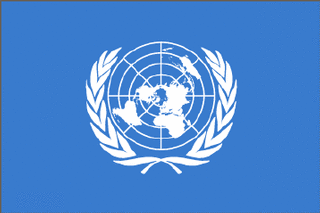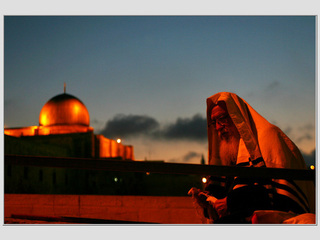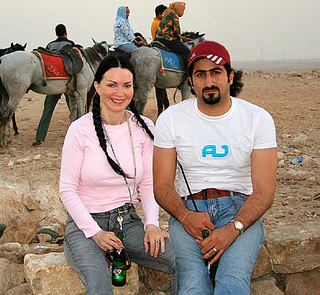Millions of Russian-speaking former citizens of the Soviet Union play a key part in the Russian economy by sending billions of rubles back to their own republics while they work in Russia
Published:
25 March 2003 y., Tuesday
Some of the workers build dachas in the Moscow region, while others drive trolleybuses in Moscow, sell vegetables in open markets or bring in the harvest in agricultural regions.
For the many families of these laborers, the paychecks are their key to survival. About a quarter of the households in Armenia and Azerbaijan are dependent on transfers from family members working in Russia, said Zhanna Zaionchkovskaya, head of the Academy of Sciences' Center for Migration Studies.
Families in other republics, including Georgia, Ukraine, Moldova and Tajikistan, also count on the money, but there are no reliable figures on the amounts involved, she said.
Nationalities Minister Vladimir Zorin said last year that 2 million Armenian and 1.5 million Azeri migrants are in Russia, while the next-largest groups are from Ukraine, Moldova and Tajikistan.
But most of the migrants are not registered in Russia, leaving them open to exploitation and extortion from employers and law-enforcement agencies.
Many of the workers are ethnic Russians unable to get citizenship since the government made it more difficult last year. Many have been living and working in the country for years. The law on foreigners, introduced in November, is intended to either legalize these workers or kick them out.
Šaltinis:
themoscowtimes.com
Copying, publishing, announcing any information from the News.lt portal without written permission of News.lt editorial office is prohibited.
The most popular articles
 'European workers should be limited to a 48 hour week', this was the view of the majority of MEPs at the Employment and Social Affairs Committee held Wednesday 5 November.
more »
'European workers should be limited to a 48 hour week', this was the view of the majority of MEPs at the Employment and Social Affairs Committee held Wednesday 5 November.
more »
 The World Health Organisation estimates smoking kills about 4 million people a year.
more »
The World Health Organisation estimates smoking kills about 4 million people a year.
more »
 "Hopelessness, frustration and anger” are how a senior UN official described the feelings of Palestinians in Gaza and the West Bank. Karen Koning AbuZayd spoke to us on 11 November after she had met MEPs on the Foreign Affairs and Development Committees.
more »
"Hopelessness, frustration and anger” are how a senior UN official described the feelings of Palestinians in Gaza and the West Bank. Karen Koning AbuZayd spoke to us on 11 November after she had met MEPs on the Foreign Affairs and Development Committees.
more »
 Ota city, nestled among strawberry fields in one of Japan's sunniest spots, is testimony to the allure of renewable energy in resource-poor Japan.
more »
Ota city, nestled among strawberry fields in one of Japan's sunniest spots, is testimony to the allure of renewable energy in resource-poor Japan.
more »
 Michelle Obama has won praise for her affordable look.
more »
Michelle Obama has won praise for her affordable look.
more »
 To mark 20 years of European youth programmes, 250 young people came to meet MEPs and set out their vision of Europe on 5 November.
more »
To mark 20 years of European youth programmes, 250 young people came to meet MEPs and set out their vision of Europe on 5 November.
more »
 1918, on the 11th hour of the 11th day of the 11th month the armistice that ended the fighting in the First World War came into effect.
more »
1918, on the 11th hour of the 11th day of the 11th month the armistice that ended the fighting in the First World War came into effect.
more »
 The violence between the Armenian and Greek Orthodox groups flared at Jerusalem's Church of the Holy Sepulchre.
more »
The violence between the Armenian and Greek Orthodox groups flared at Jerusalem's Church of the Holy Sepulchre.
more »
 Barack Obama would have won easily by a landslide if Europeans had been voting.
more »
Barack Obama would have won easily by a landslide if Europeans had been voting.
more »
 Omar Osama bin Laden stopped off in Madrid's Barajas Airport yesterday seeking political asylum.
more »
Omar Osama bin Laden stopped off in Madrid's Barajas Airport yesterday seeking political asylum.
more »